
BEIJING: Twenty people died when a group armed with knives attacked a market in Xinjiang, the latest outbreak of violence in the ethnically divided Chinese region, authorities said Wednesday.
The motive behind the attack late on Tuesday was not immediately clear, but Xinjiang – a vast region home to the mainly Muslim Uighur minority – has suffered repeated outbreaks of ethnic unrest in recent years.
The Xinhua state news agency initially put the toll at 12 dead, including two assailants who it said were armed with knives.
But the official information website Tianshan said Wednesday the death toll was 20, including 13 “innocent people” and seven “terrorists” who were killed by police.
“Nine violent terrorists rushed into the crowd with knives, killing 13 innocent people and wounding several others,” Tianshan said.
A police officer told AFP by telephone earlier that around a dozen Uighurs wielding axes attacked the market in the remote town of Yecheng, killing 10 people and police then shot five of the attackers dead.
Xinjiang, which borders Pakistan and Afghanistan, is home to around nine million Uighurs who complain of oppression under Chinese rule.
The number of Han – China’s dominant ethnic group – living in the region has increased dramatically over the past decade, which government critics say results from a policy of migration to dilute any Uighur nationalist tendencies.
“At around 5.30 or 6.00 pm around a dozen rioters carrying axes appeared in the market, in an area that is mostly populated by Han people,” said the police officer, who gave only his surname Tuo.
“Most of the victims were Han people, but some were Uighurs. Five rioters were shot, not two, and they were all Uighurs.”Xinjiang has been under heavy security since July 2009, when Uighurs launched attacks on Han people in the regional capital Urumqi.
The government says nearly 200 people were killed and 1,700 injured in the violence, which shattered the authoritarian Communist Party’s claims of harmony and unity among the country’s dozens of ethnic groups.
Many Uighurs remain angry at the harsh crackdown that followed the violence.
The government blames much of the violence in the resource-rich region on what it calls the three “evil forces” of extremism, separatism and terrorism.
But some experts doubt terror cells operate in Xinjiang, where the Turkic-speaking Uighurs practise a moderate form of Islam.
The World Uighur Congress, a German-based exile group, said authorities in Yecheng had detained more than 100 people and closed off all exits and entries in response to the latest attack.
Seven of those killed on Tuesday were Chinese armed patrol personnel, it said, citing local sources.
“The incident happened because Uighurs can no longer bear China’s systematic repression, and are using primitive fighting methods to resist,”said a statement by Dilxat Raxit, spokesman for the group.
He said armed police shot and killed 10 Uighurs and wounded 11 others and blamed a “huge influx” of Han Chinese immigrants and official discrimination against Uighurs for the violence.
“Uighurs have been completely stripped of any peaceful ways of resisting,”he said.
Barry Sautman, associate professor of social science at the Hong Kong University of Science and Technology, said it was not clear whether the outbreaks of violence had increased since 2009, but that they appeared to be growing more daring.
“Since 2009, these incidents have been more, how should I say, spectacular, like storming police stations and attacks on police,” he said.
Authorities in Xinjiang said last month they plan to recruit 8,000 extra police officers as China strengthens security in the run-up to a major leadership transition that begins later this year.
Chinese foreign ministry spokesman Hong Lei blamed “terrorists” for the latest attack although he added that “we do not yet know clearly who is behind these actions”.
“The overall situation in Xinjiang is quite good,” he told a regular briefing.


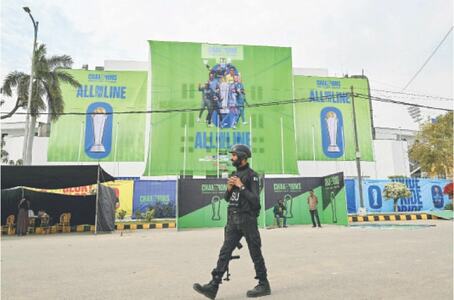
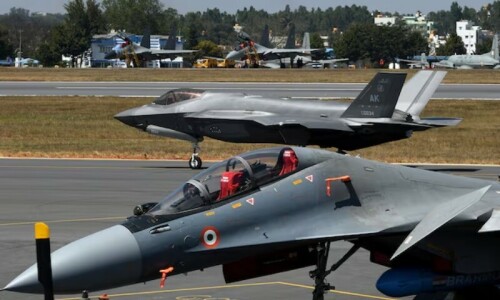













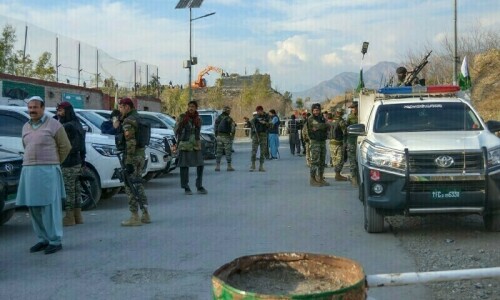
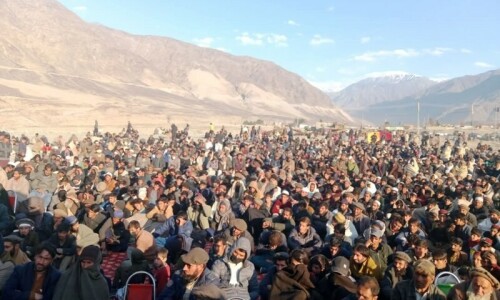
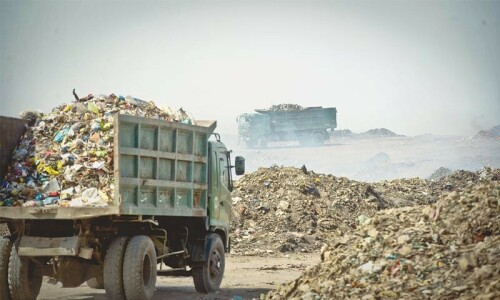

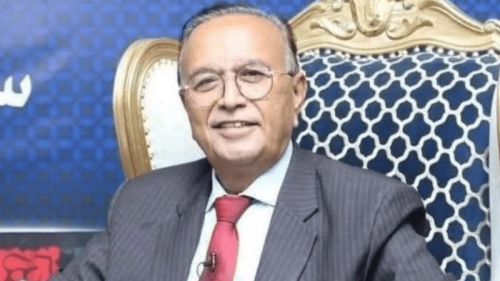
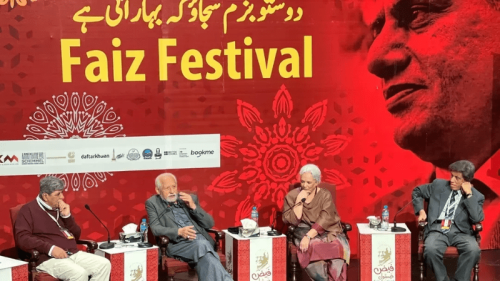














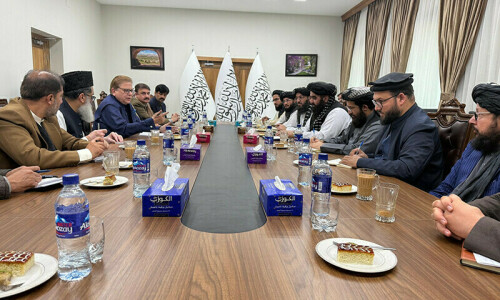

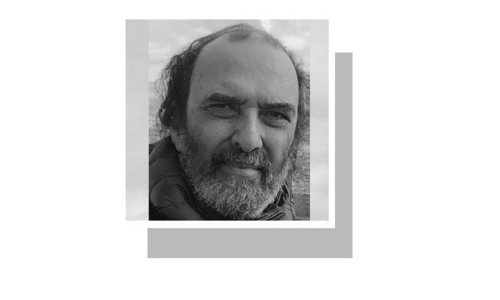
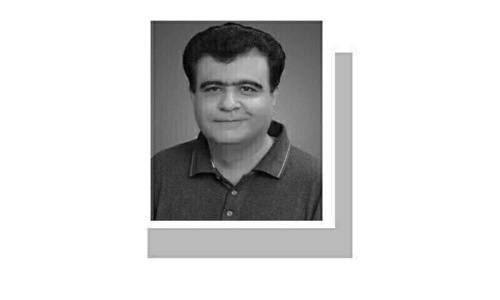
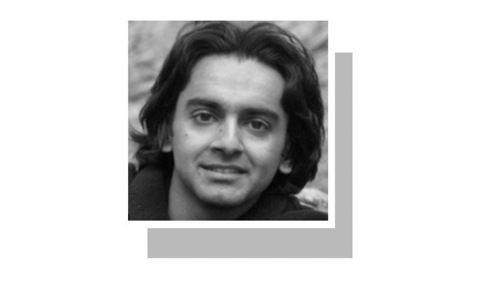





Dear visitor, the comments section is undergoing an overhaul and will return soon.